Mayawati's resignation from Rajya Sabha unlikely to be accepted as letter breaks parliamentary procedure
Wed 19 Jul 2017, 09:05:02
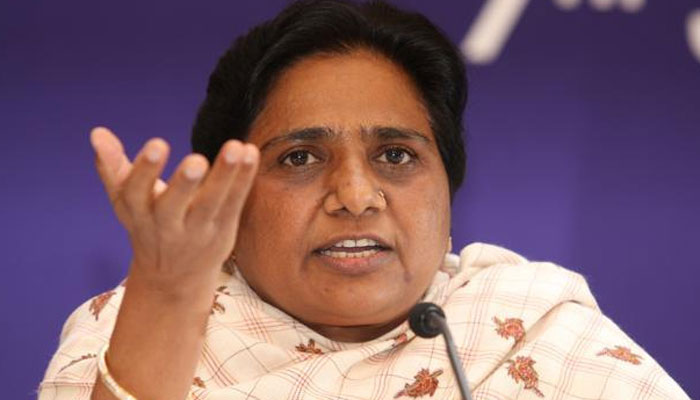
Bahujan Samaj Party chief Mayawati resigned from Parliament on Tuesday, hours after storming out of the Rajya Sabha over not being allowed time to complete her speech on alleged Dalit atrocities in Uttar Pradesh.
The resignation of Mayawati, a Dalit leader and a former chief minister of Uttar Pradesh, may not be accepted since it does not follow a prescribed format, but her move could give her a political point by projecting herself as a champion of the Dalit cause.
"Jab satta paksh mujhe apni baat rakhne ka bhi samay nahi de raha hai toh mera isteefa dena hi theek hai (If the ruling party is not going to allow me to speak, then it's better to resign)," ANI quoted Mayawati as saying shortly after she submitted her letter of resignation to the Rajya Sabha secretary general Shamsher Shariff's office at around 5pm.
Read | What BSP chief
Mayawati's threat to quit Rajya Sabha means
Mayawati's threat to quit Rajya Sabha means
The Rajya Sabha session began at 11am, and shortly afterwards Mayawati began speaking on atrocities against Dalits after being given 3 minutes to raise the issue. As she went past the scheduled time, Rajya Sabha deputy chairman PJ Kurien stopped her and an angry Mayawati stormed out of the House threatening to resign.
In her 3-page resignation letter, she detailed the morning's incident as the reason for her decision, which technically is a breach of protocol. A parliamentarian cannot cite a motive or reason for quitting, parliamentary procedure dictates.
If people in power, the Bharatiya Janata Party or the National Democratic Alliance (NDA) does not allow me to speak in the interest of marginalised communities, then I can no longer continue in this Parliament, she said in the letter written in Hindi.
No Comments For This Post, Be first to write a Comment.
Most viewed from National
Most viewed from World
AIMIM News
Latest Urdu News
Most Viewed
May 26, 2020
Is it right to exclude Bangladesh from the T20 World Cup?
Latest Videos View All
Like Us
Home
About Us
Advertise With Us
All Polls
Epaper Archives
Privacy Policy
Contact Us
Download Etemaad App
© 2026 Etemaad Daily News, All Rights Reserved.

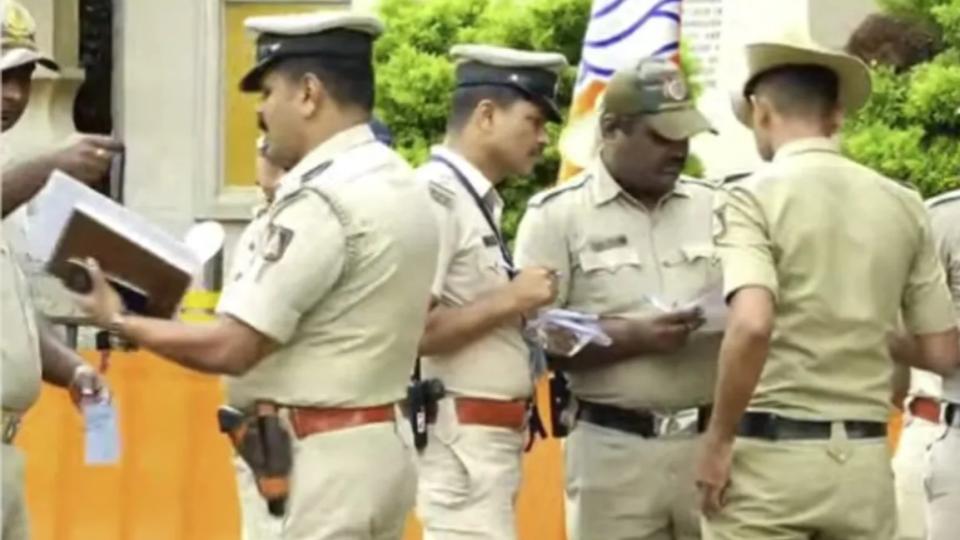
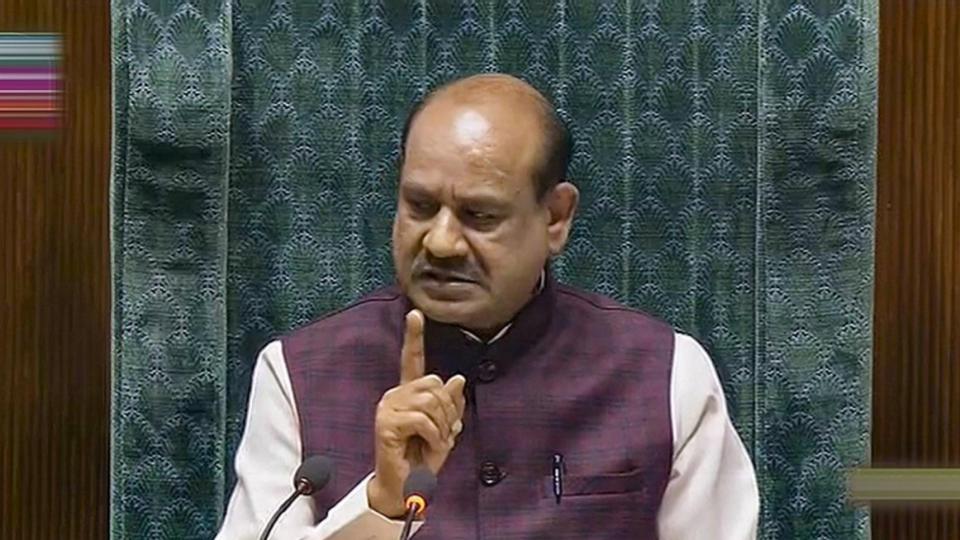













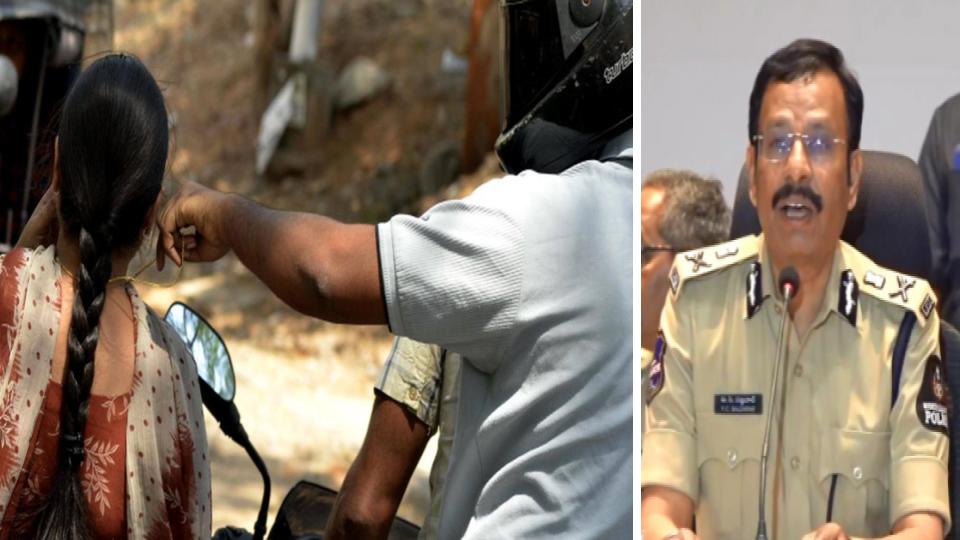
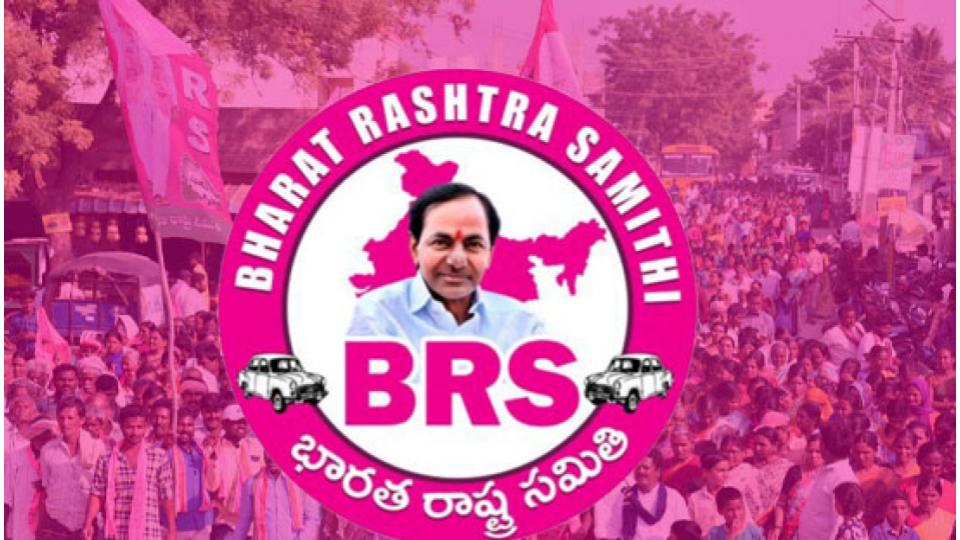


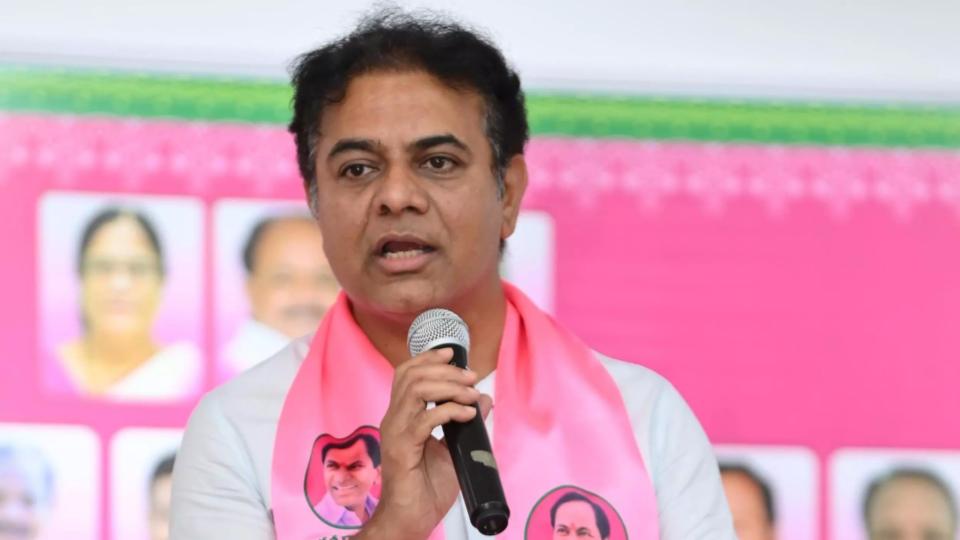
















.jpg)
.jpg)
.jpg)


